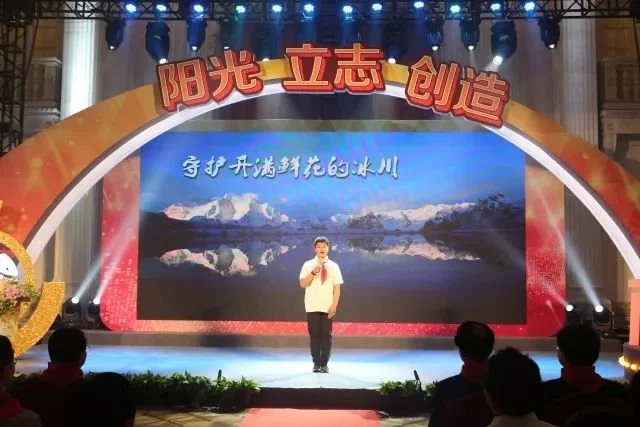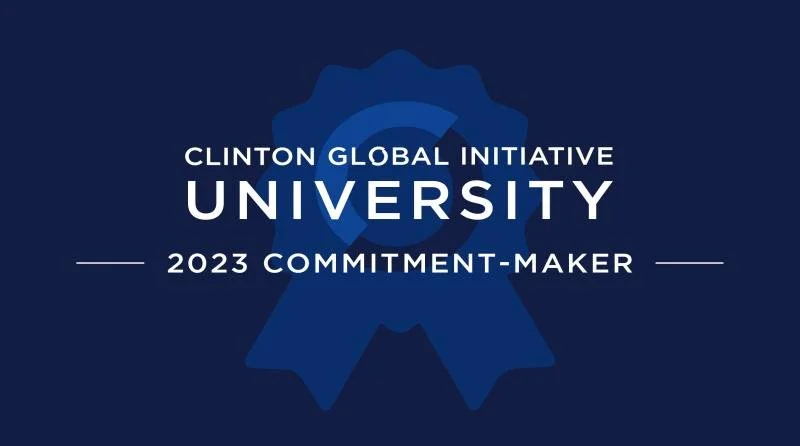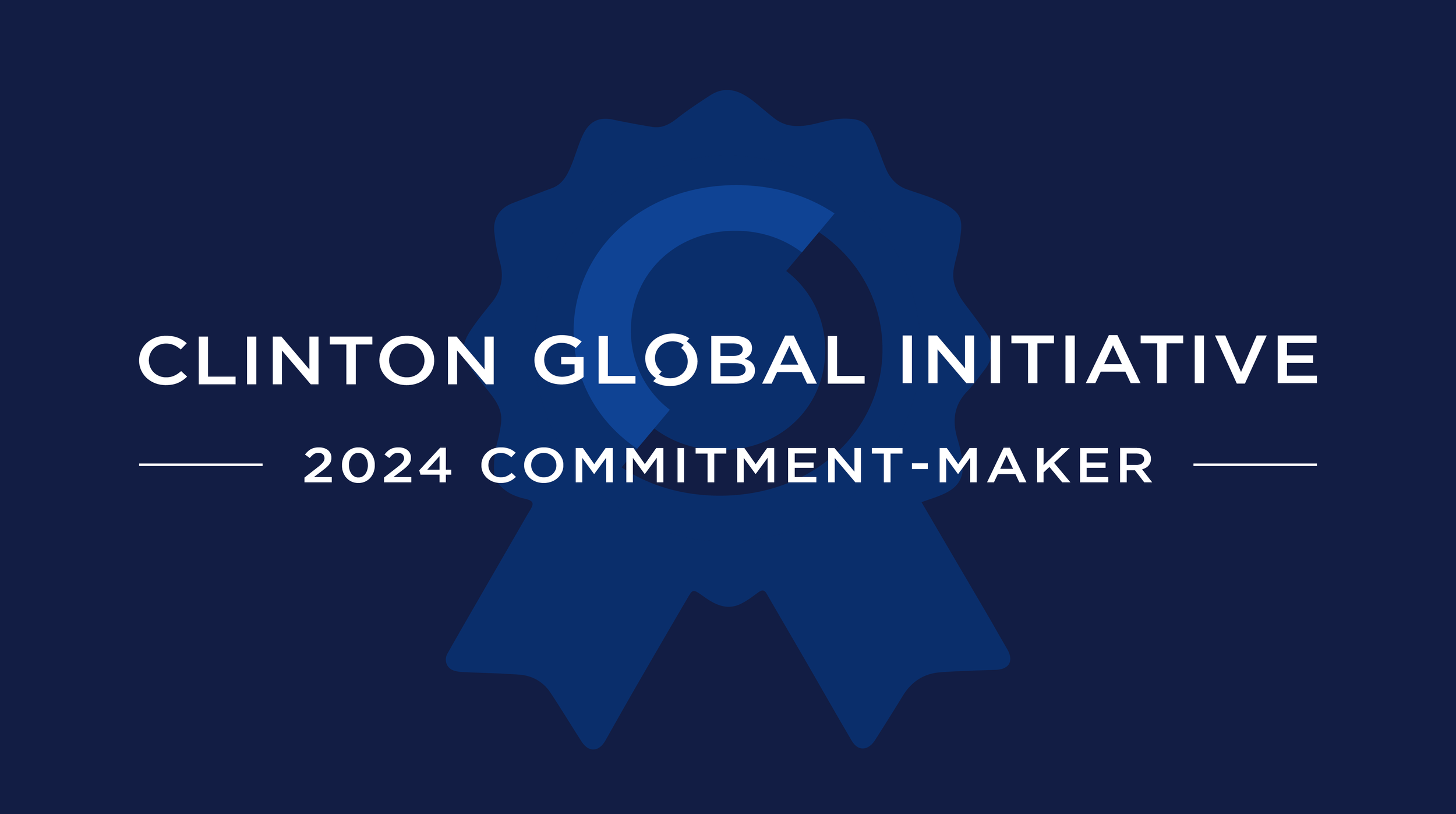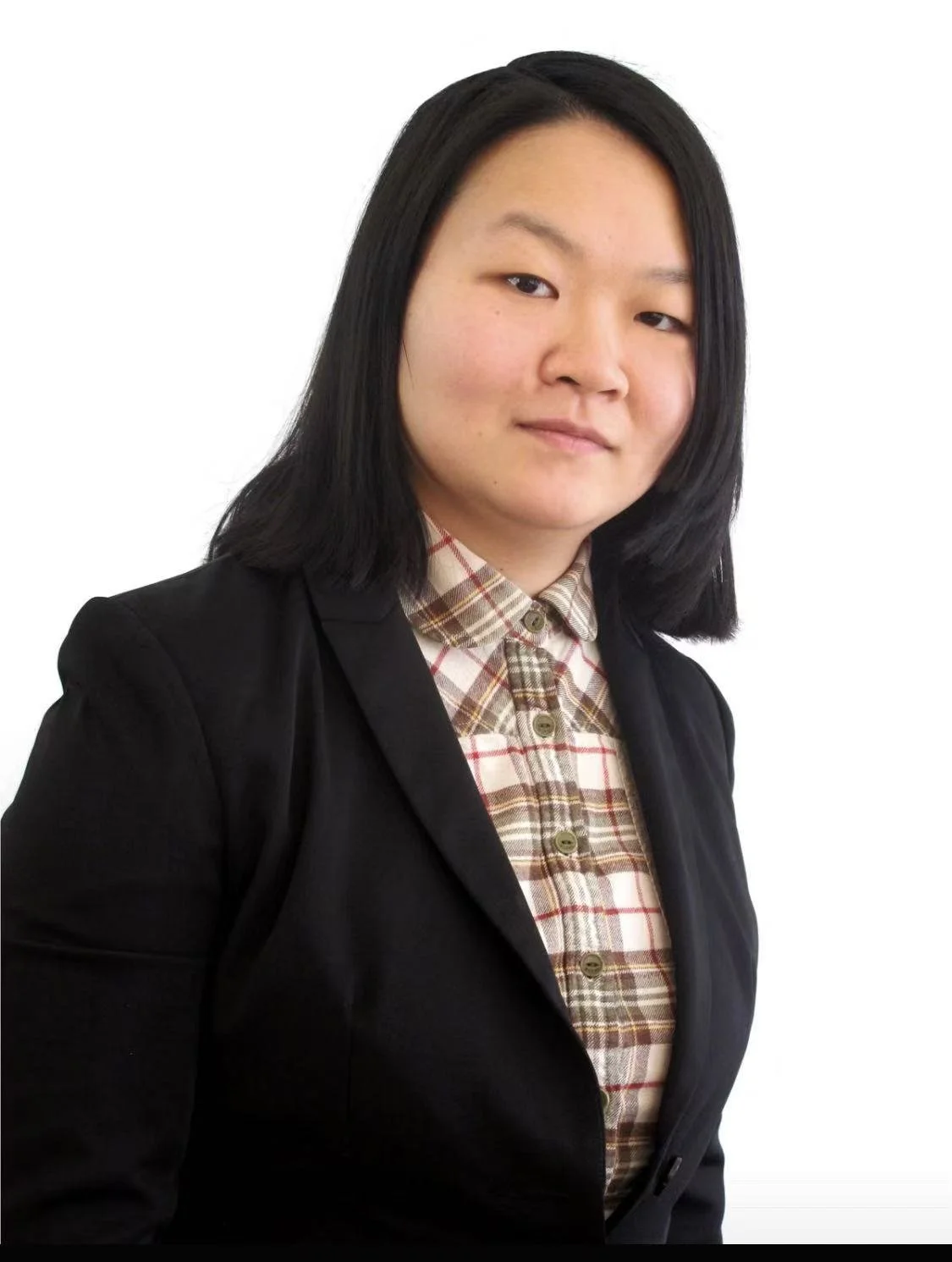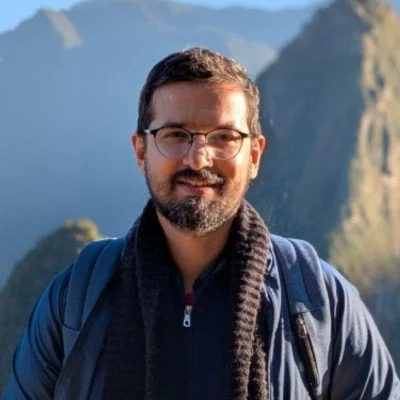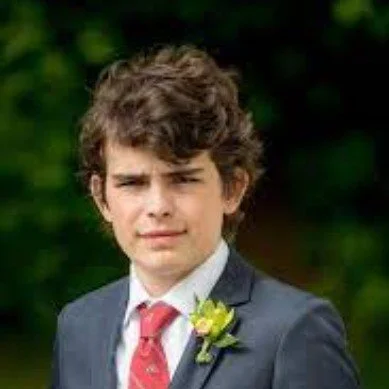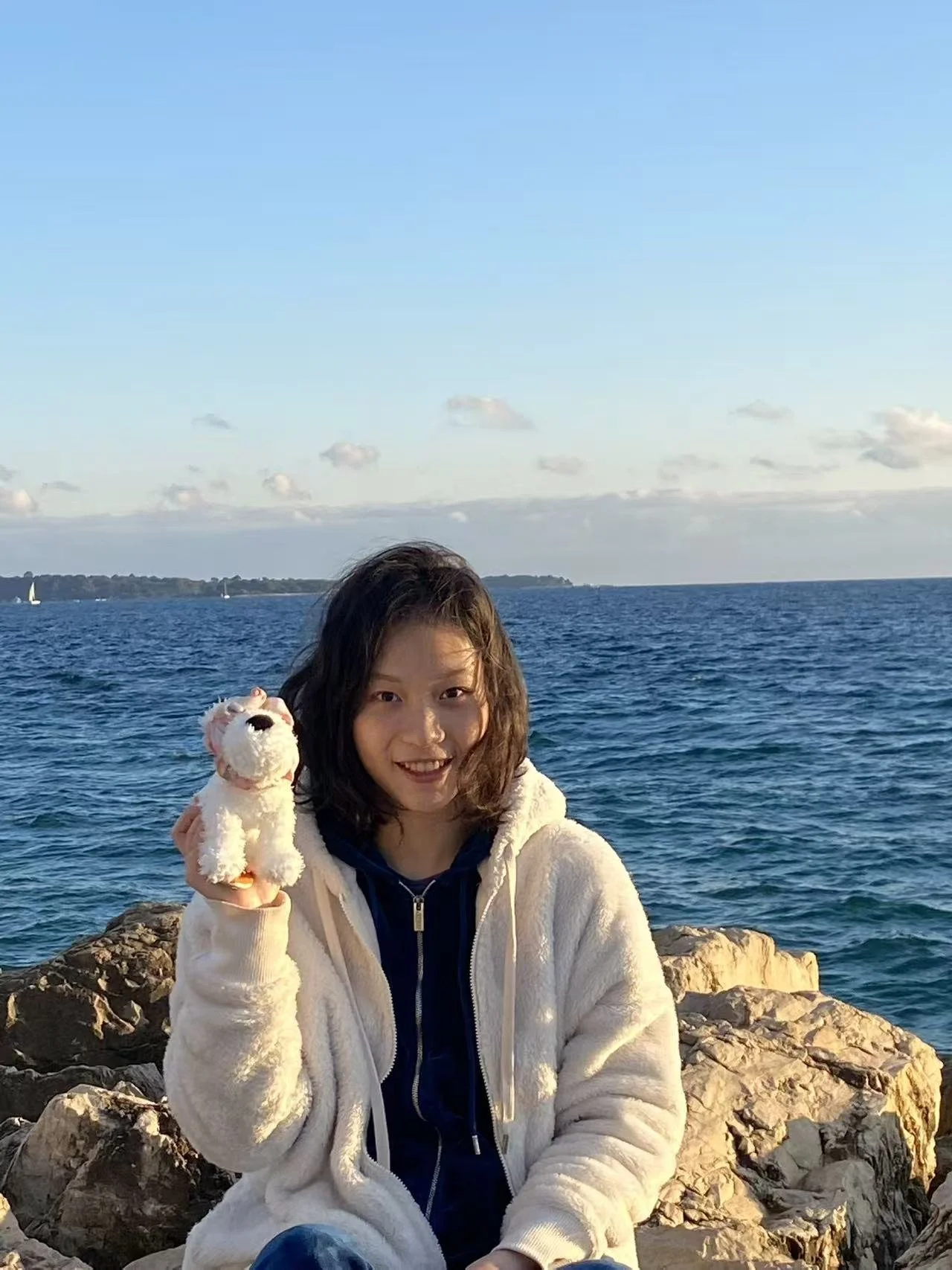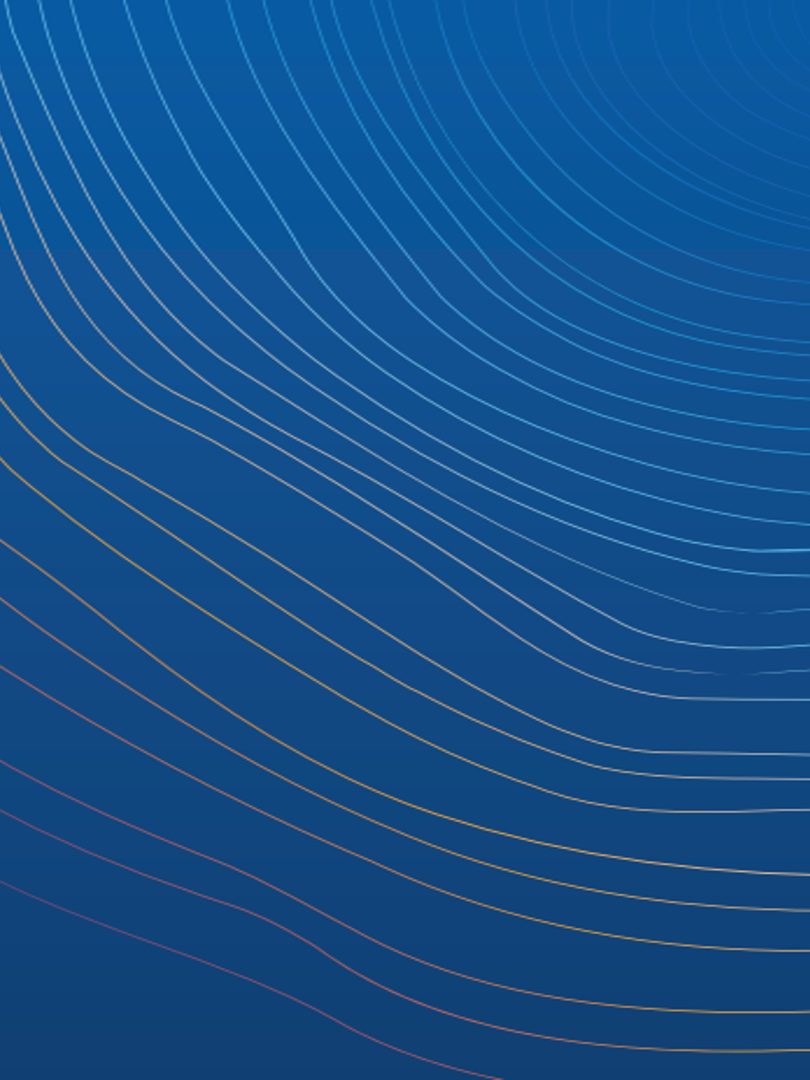
FROM SALT TO LIGHT, THIS IS OUR STORY.

The SEESALT Name
SEESALT combines SEE - to perceive and witness - with SALT - the biblical metaphor for preservation and enhancement. Salt doesn't transform; it preserves what's valuable and brings out inherent flavor.
Our Chinese name, 世光 (World Light), reinforces this philosophy: we don't bring light to "dark" places, but amplify the light already present in communities. This dual naming reflects our core belief that development requires seeing (SEE) and preserving (SALT) existing wisdom and capacity, not imposing external solutions.
Our tagline, "Sowing Light, Harvesting Eternity", captures the temporal paradox of development work - we plant seeds whose full growth we may never witness, yet whose impact extends beyond measurable time. The work is both immediate (responding to today's poverty) and eternal (building systems that outlast any single intervention).
SEESALT embodies a philosophy: communities aren't problems to solve but ecosystems of wisdom to preserve and enhance. Like salt, we don't overwhelm - we bring out what's already there.

2017: One Teacher, One Village
In the frozen winters of Heilongjiang, China's northernmost province, 15-year-old Zhijun stood before a classroom of children from mining families. Fresh out of high school, he had a simple plan: teach English and math to help these kids pass their exams. But sitting with families, he realized the problem wasn't just education—it was the entire economic ecosystem that trapped generations in poverty.

2018-2020: From Charity to Systemic ChangE
The Song Qingling Foundation recognized something different in Zhijun's approach. Unlike traditional charity models, he wasn't just giving—he was building. The teaching program evolved into a poverty alleviation initiative combining education with rural development research. Students became researchers, mapping local economic patterns, identifying market gaps, and connecting rural producers with urban buyers through primitive but effective networks.
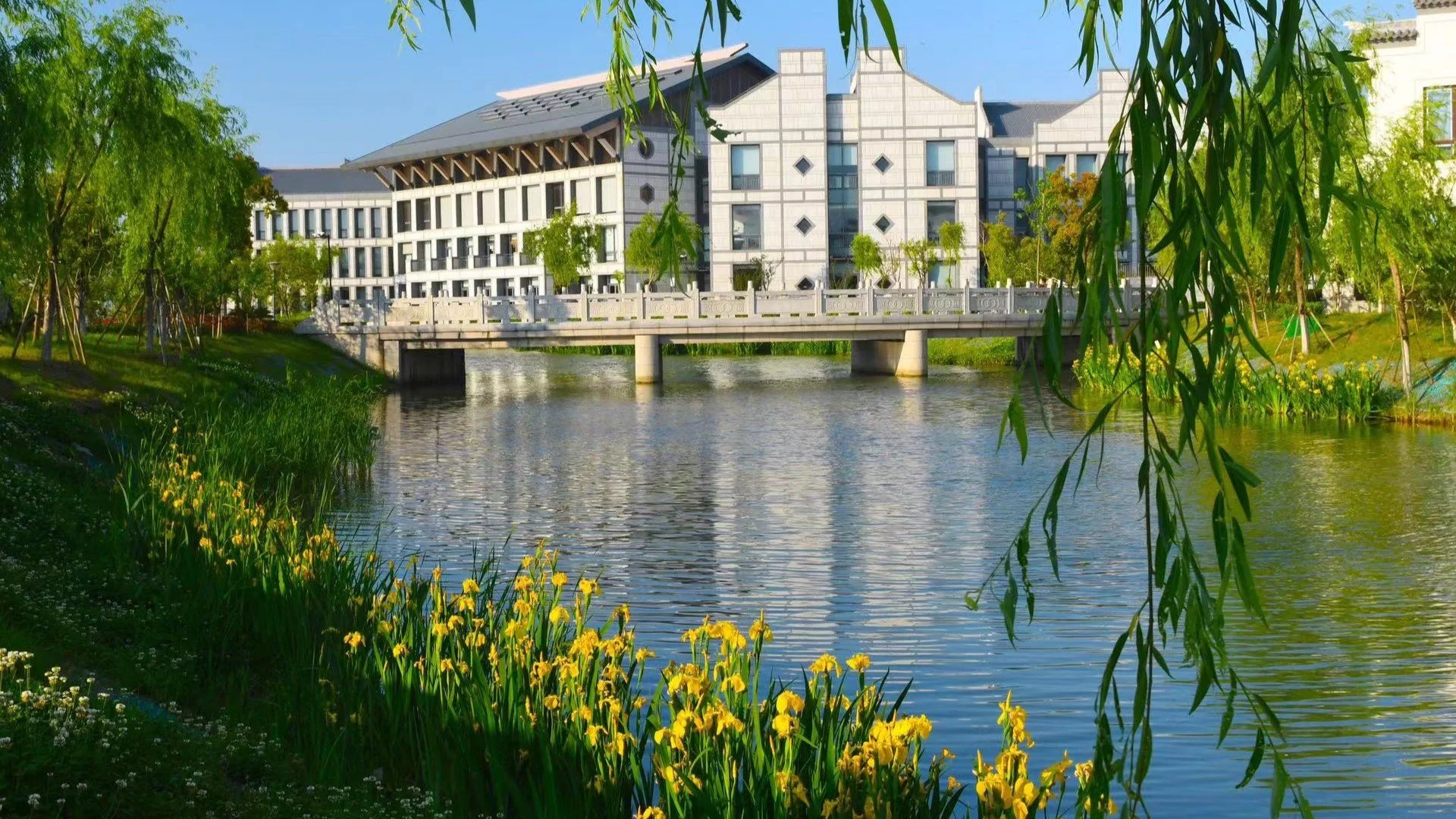
2020-2022: UWC Changshu china: OuR LAB
At UWC Changshu China, the model crystallized into SeeSALT Inclusive Finance Initiative. The story of Mingde and Li—connecting a retired principal with students needing tutoring—became the template for hundreds of similar connections. Economics wasn't abstract theory; it was the jade shop owner who couldn't help her son with homework, the migrant worker worried about her daughter's future, the retired teachers with skills but no income. SeeSalt became the bridge between needs and solutions. Click the Photo to read our Stories featured at UWC Changshu China.
Celebrating UWC Changshu China's 10-year anniversary with us!

2023: Going Global
Recognition from CGIU transformed SeeSALT from a local initiative to a global model. The commitment: replicate the Changshu model across 10 communities in 5 countries within 3 years. The same principle—connecting underutilized human capital with unmet community needs—worked in rural Kenya, indigenous communities in Guatemala, and refugee camps in Jordan.
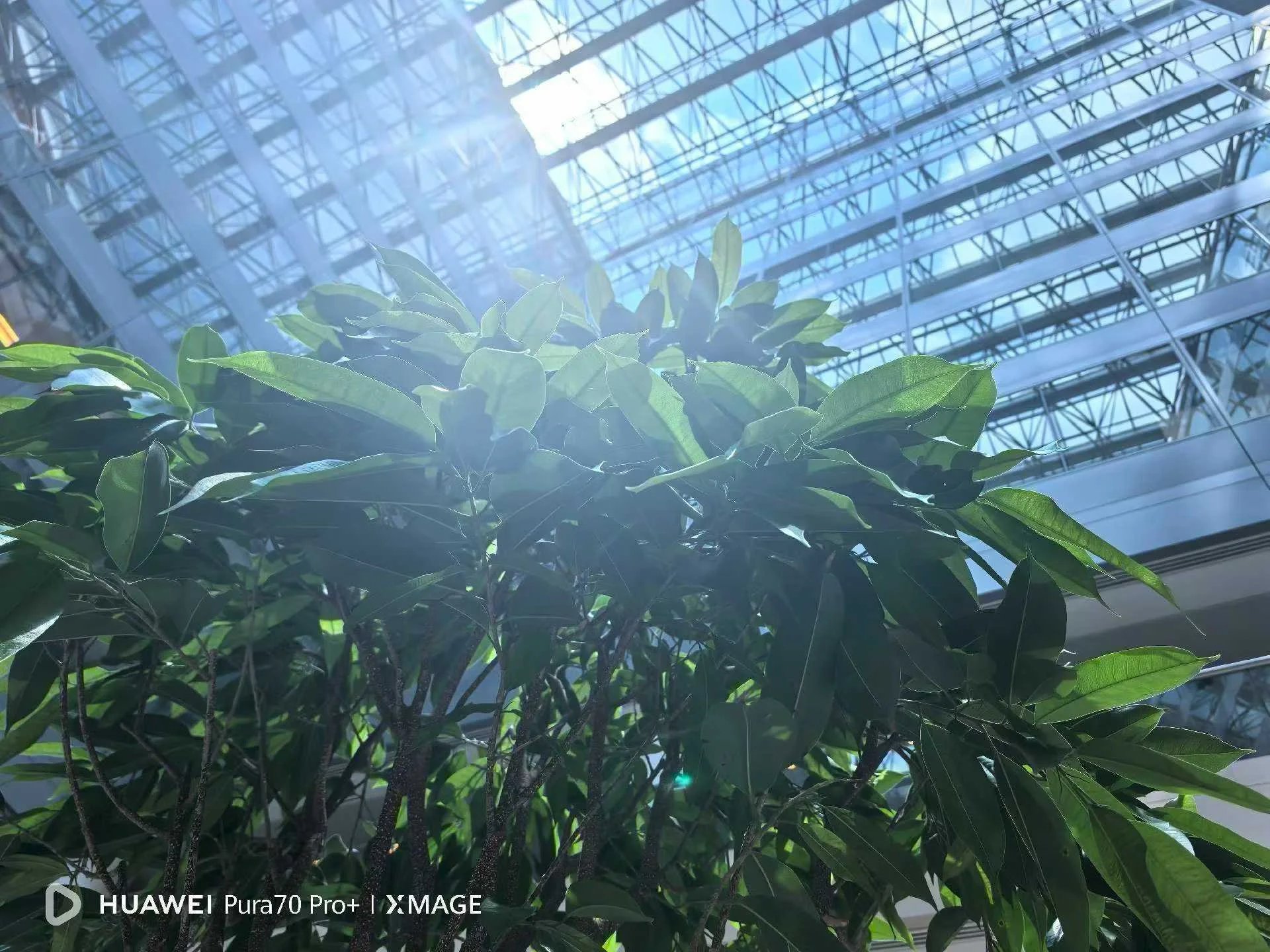
2024: Scaling Through Systems
As World Bank YAG Lead in the Informal Sector Economy, Zhijun brought SEESALT's grassroots methodology to an institutional scale. The agriculture and informal economy portfolio wasn't just policy papers—it was the lived experience of thousands of community connections, now informing billion-dollar development programs. The UN Tech Challenge victory demonstrated that village-level solutions can evolve into global frameworks. Click the photo to see the world bank working blog.
Legal Note: SEESALT operates as an independent development initiative and is not affiliated with the World Bank Group (WBG) or any multilateral agencies. While SEESALT maintains collaborative relationships with various international institutions, including advisory roles, consultancy roles, and partnerships with The World Bank(IBRD-IDA)/AIIB/UNDP/UNESCO/EU initiatives, these engagements represent professional collaboration rather than organizational affiliation.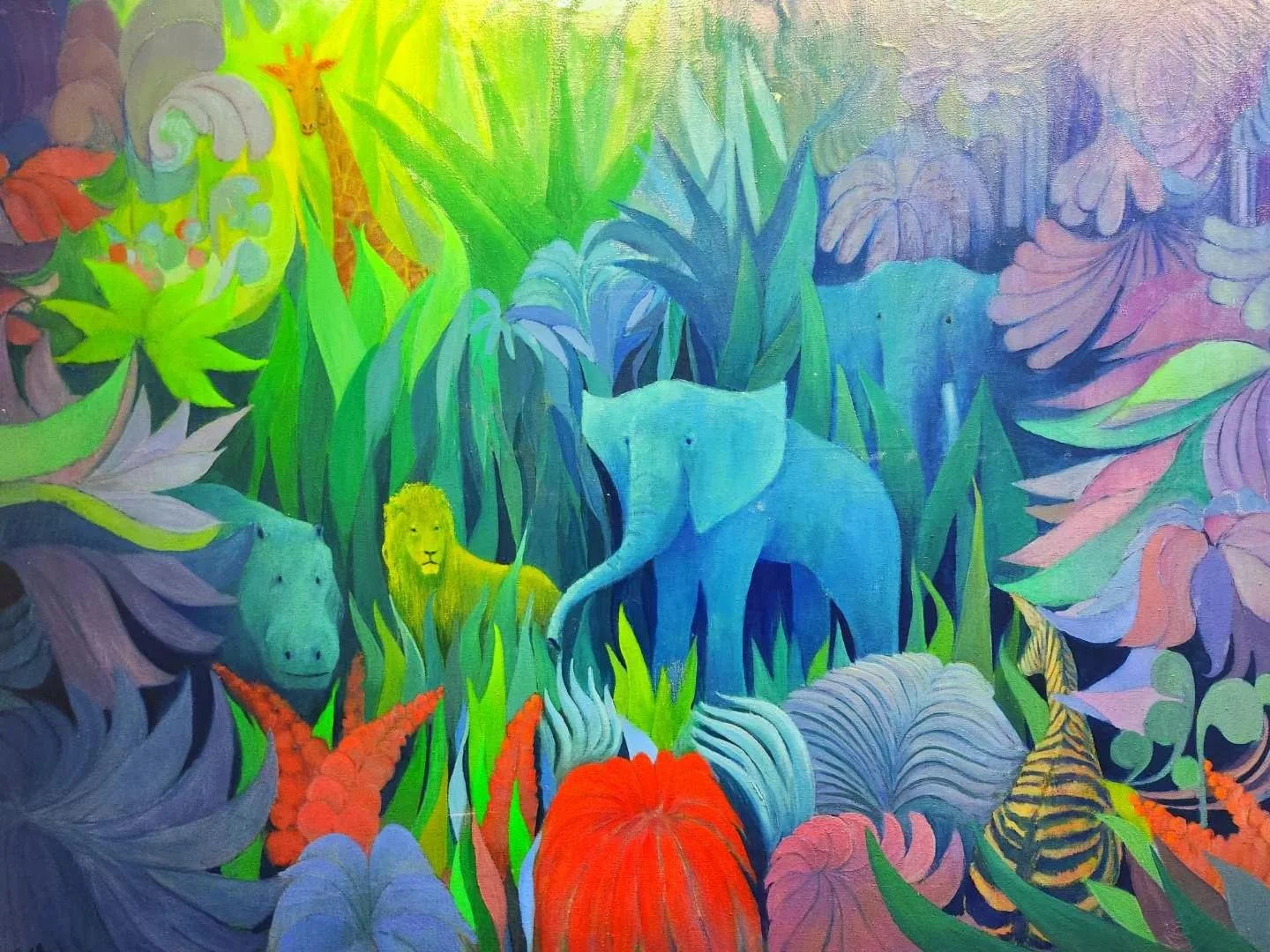
Today: BEYOND DEVELOPMENT Narratives
Today, from Macalester College, SEESALT operates as a distributed network across 20+ countries. The 115+ members aren't volunteers or beneficiaries—they're partners in a new development paradigm. Each connection creates ripples: the Ethiopian farmer using satellite data becomes a trainer; the Bangladeshi student receiving mentorship becomes a mentor; the Peruvian entrepreneur accessing microfinance becomes an investor in others.

AT SEESALT, WE VALUE YOUR STORIES.
LISTEN TO SOME OF OUR TEAM MEMBERS’ STORIES.
WHAT IS THE MOST IMPORTANT LESSON YOU LEARN AS A DEVELOPMENT SPECIALIST?
Dr. Nuoya Chen | CHIEF Consultant, SEESALT INSTITUTE
Assistant Professor, Roskilde University | Former Member of EU AI Office Plenary
"The most important lesson? Stop building solutions for communities and start building with them. In my work from Philips' smart health systems to rural telehealth in China, I've learned that the best algorithms fail when they don't account for the grandmother who doesn't trust apps but trusts her neighbor's daughter who explains the technology. Development isn't about deploying innovation—it's about translating between worlds."
Yuyan Wang | CHIEF Consultant, SEESALT TERRA
Assistant Program Officer, UNESCO |Columbia University SIPA Class of 2027 | SIPA Fellow
“The girl who stops attending school at 12 isn't dropping out—she's being pushed out. Working in women's and girls' education taught me that every statistic has a story we're not hearing. When you dig deeper, you find she's walking four hours for water, or raising siblings, or her school has no bathroom doors. Development work isn't about bringing solutions; it's about removing barriers that shouldn't exist. I've learned to ask different questions now. Not 'why aren't girls in school?' but 'what would need to change for school to fit into her actual day?' Sometimes the answer is as simple as timing classes around water collection. Sometimes it's as complex as challenging what a whole community believes about girls. But it always starts with understanding her reality, not imposing ours.”
TIAGO MALUTA | CHIEF Consultant, SEESALT ADAPTION LAB
Innovation Manager, Lemann Foundation | Computer Engineer
“The most important lesson? Innovation without infrastructure is just expensive theater. Gradually, we learned to stop asking 'what's the cutting-edge solution?' and start asking 'what already works that we can amplify?' Sometimes the biggest innovation is admitting that a teacher's handwritten notebook system beats your fancy app. Real development happens when you build on what communities already trust, not what Silicon Valley thinks they need. The revolution isn't in the technology—it's in recognizing that the guy fixing phones in the favela probably understands distributed systems better than most engineers.”
Rosie Bai | Senior Consultant, EMBER SEMINARS
Wildlife Conservation Specialist | WWF Youth Consultant | Macalester College '26
"I chase stories across rivers, forests, and mountains instead of settling for tidy graphs because real conservation lives in these places—in Northeast China, where villagers read tiger presence through their dogs' silence; in Spanish kitchens, where shepherds teach coexistence over woodsmoke; and along Minnesota's Mississippi, where rivers pulse as lived places. Outside experts don't deliver conservation, but it emerges through communities' daily interactions with land and water, shaped by lived knowledge and cultural traditions. Through SEESALT, I've learned conservation cannot be separated from justice; it must center those living closest to threatened landscapes, where ecological vulnerability meets historical inequality. Proper conservation safeguards biodiversity while dismantling poverty and strengthening rights, ensuring the world's most threatened places are protected by, and for, the communities who call them home."
MATTEW WOLFSON | PRESIDENT, SEESALT+Kokrobite
ESIA Dean's Scholar, GWU '27 | President, Operation US Africa
"The most important lesson? Development isn't about what you bring—it's about what's already there. In Kokrobite, Ghana, I witnessed international NGOs invest thousands in waste management systems that failed within months. Then we just asked the local youth what they needed: recognition. We organized a simple clean-up where the chief showed up, Nestle sent a rep, and suddenly 350 kids were competing to collect trash. The 'infrastructure' was pride, not trucks. Real development work is realizing that the informal entrepreneur selling recycled bottles by the roadside understands the circular economy better than any consultant. My job isn't to teach—it's to make sure the people who actually know get heard by the people who control resources.”
Phoebe Pan | Program consultant, Seesalt Terra
Macalester College ‘2’’ | Emerging Gender Economist
"The most important lesson? Economic inequality isn't just numbers—it's lived daily in how women navigate childcare gaps, wage disparities, and invisible labor. Starting community work in Minneapolis, I'm learning that gender economics means listening to how immigrant mothers stretch dollars, how women of color build mutual aid networks, and how trans youth create safety nets when systems fail them. The real experts aren't in academia—they're women running informal daycare co-ops and organizing community fridges. My role isn't to diagnose what communities lack but to translate what they already know into language that moves policy and funding. The data that matters most lives in the strategies women develop daily to survive despite systemic barriers.”



